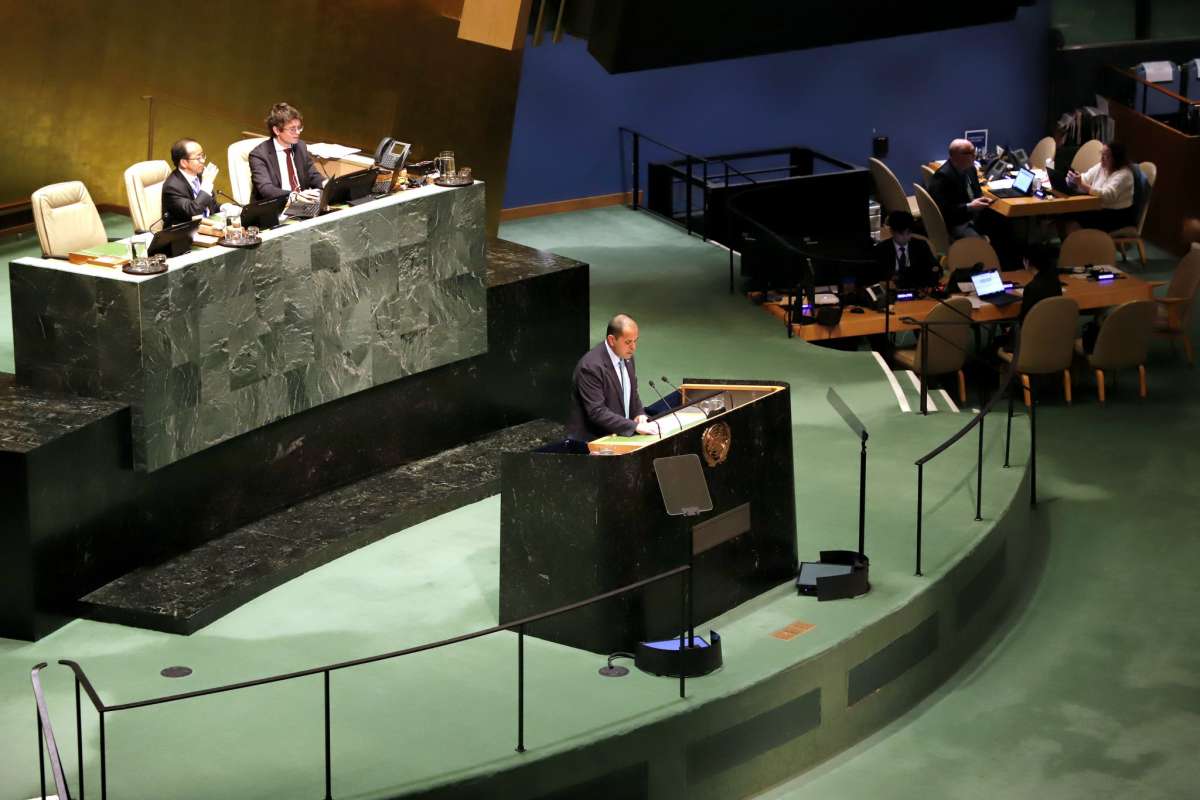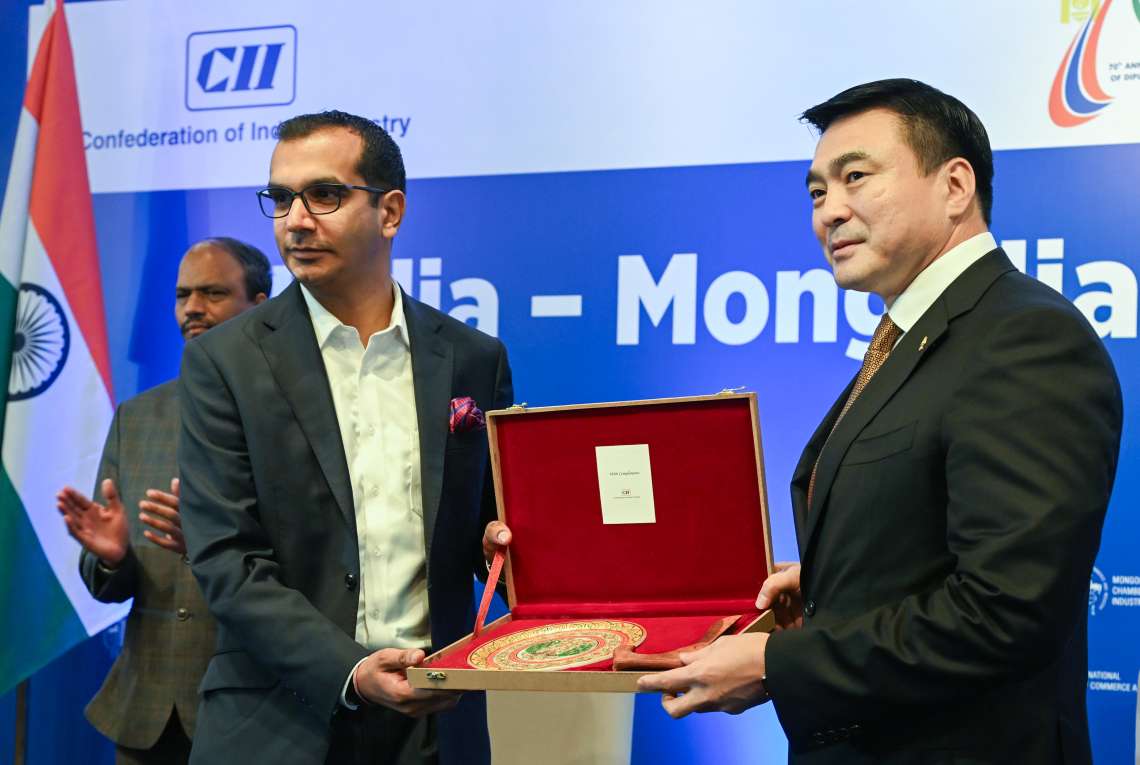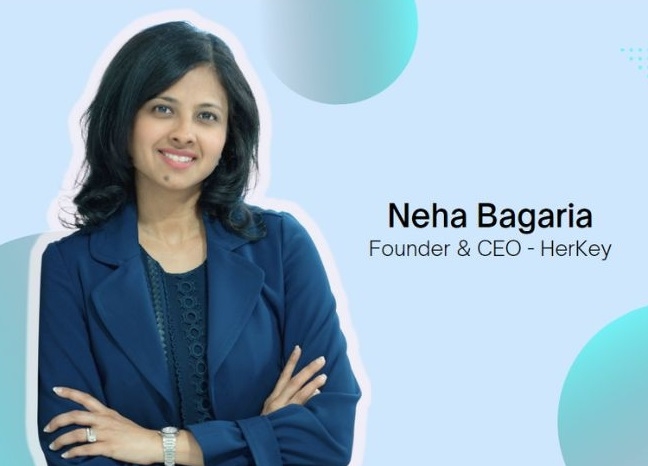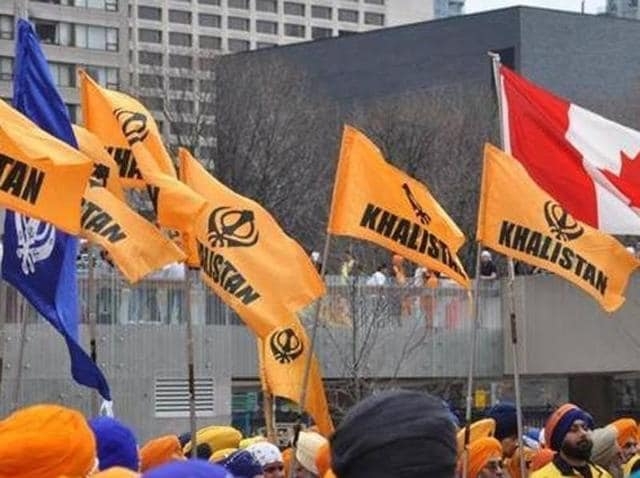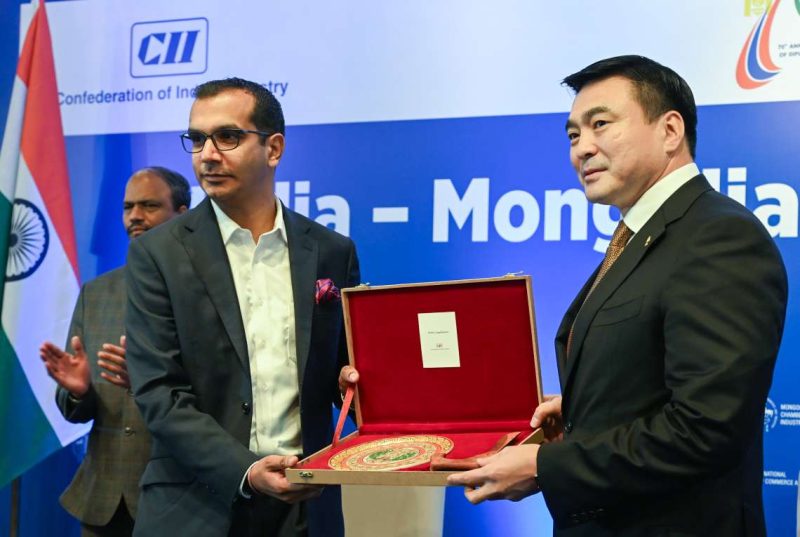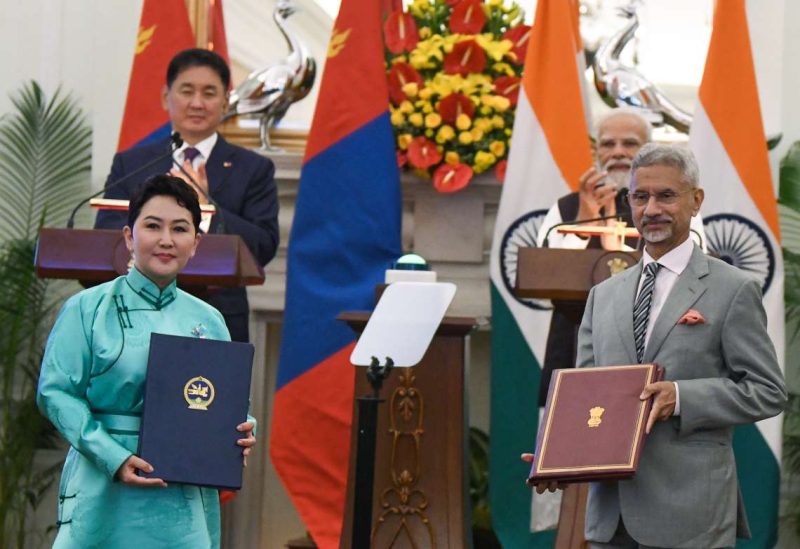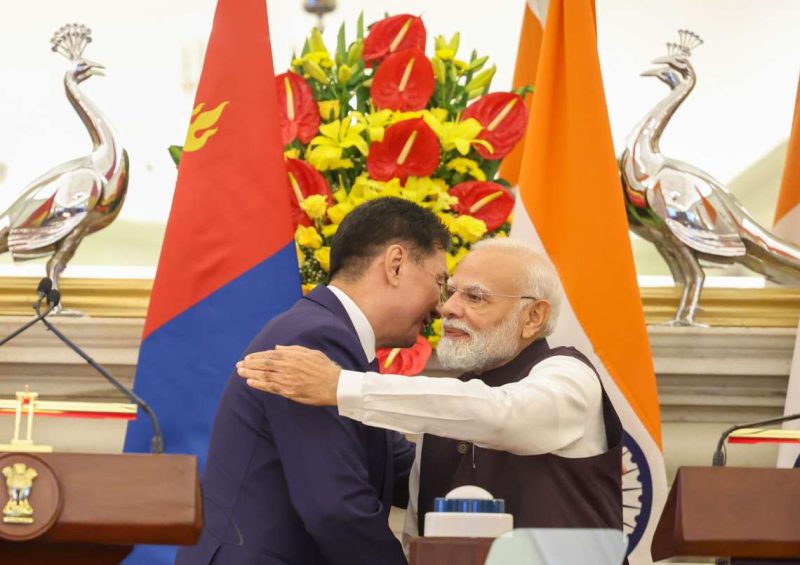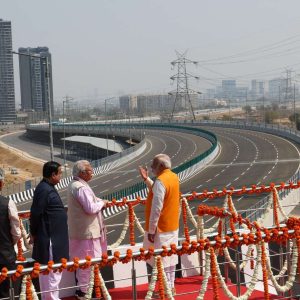The root cause in the view of India and many countries is the architecture of the Council that reflects the post-World War II scenario …writes Arul Louis
Pressing its case for reforming the UN Security Council, India has said that either the veto rights should be abolished or be given also to new permanent members in a reformed Council.
“Either all nations are treated equally in the context of voting rights or else the new permanent members must also be given the veto,” Pratik Mathur, a counsellor at India’s UN Mission said on Wednesday at the General Assembly.
“Extension of veto to new members, in our view, will have no adverse impact on the effectiveness of an enlarged Council,” he said countering arguments made by some countries against expanding permanent membership.
He said that the question of veto should be addressed as part of a comprehensive reform of the Council through clearly defined timelines in the Inter-Governmental Negotiations (IGN) for reforms.
The IGN has virtually stalled because a small group of countries have manipulated the process to prevent progress.
Mathur was speaking at an Assembly debate held on the first anniversary of the landmark resolution requiring a discussion by the Assembly within ten days of a veto being cast in the Council.
While the Assembly cannot override a veto in the Council, by having a discussion it hopes to bring moral pressure on the vetoers or expose them to the world.
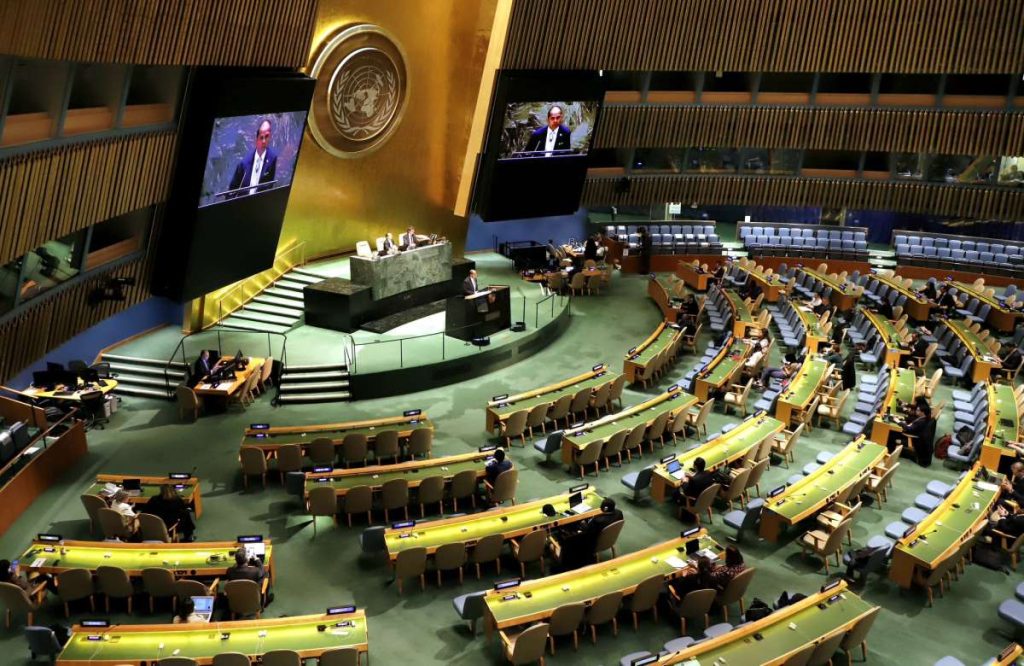
Mathur said that the veto resolution adopted by consensus “unfortunately, reflected a piecemeal approach to UNSC reform, thereby highlighting one aspect, ignoring root cause of the problem”.
The root cause in the view of India and many countries is the architecture of the Council that reflects the post-World War II scenario and gives veto-wielding permanent seats to the five victorious allies, Britain, China, France, the US and Russia, which hold the seat originally given to the Soviet Union.
Mathur said: “As rightly called out by our African brothers, it goes against the concept of sovereign equality of states and only perpetuates the mindset of the Second World War, ‘To the victor belongs the spoils’.
“Let me flag what our African Brothers have repeatedly stated in the IGN: ‘The veto as a matter of principle should be abolished. However, as a matter of common justice, it should be extended to new permanent members so long as it continues to exist’.”
During the debate, Kenya’s Deputy Permanent Representative Michael Kiboino reaffirmed the same point citing the Common African Position on Council reform.
“If the pursuit of the purposes of the UN Charter is based on the principle of sovereign equality of states, then the veto is a contradiction that should be abolished.
“But if it is to be retained in a reformed Security Council, it must be extended to new permanent members with all its attributes, including the prerogatives and privileges of permanent membership,” Kiboino declared.
The most vigorous push for Council reform comes from the 54 nations of Africa, a continent without any permanent members on the Council where the majority of actions relate to it.
South Africa’s Permanent Representative Mathu Joyini said that the Assembly’s veto resolution requiring discussions of it “should not be seen as an interim or ad-hoc solution to the need for urgent Security Council reform, which will address the structural challenges within the Council itself”.
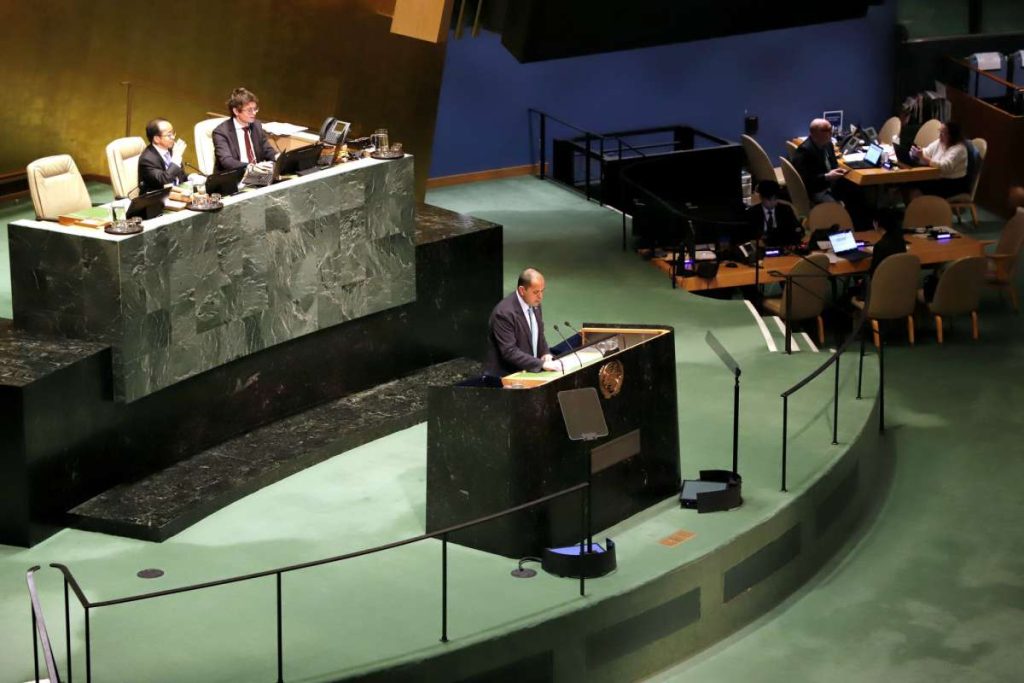
“We must continue our efforts for urgent Council reform and the revitalisation of the General Assembly. Ultimately, focus should be on giving greater momentum to the reform of the Security Council itself,” she added.
The Assembly’s resolution in April 2022 on holding debates on vetoes was adopted after the Council was paralysed by Russia’s veto of a resolution in February last year condemning its invasion of Ukraine.
Russia vetoed another resolution in September condemning its referendums in areas of Ukraine it had annexed.
Last year, Moscow also vetoed a resolution on border crossings for sending aid to rebel-held areas of Syria and joined China to shoot down a resolution condemning North Korea’s intercontinental and other ballistic missile tests.
The Assembly held debates on those three vetoes.
Assembly President Csaba Korosi called the veto resolution, “a breakthrough, a gamechanger” that “opened the door for a new form of collaboration and accountability” between the Assembly and Council.
While India has insisted on veto rights for all permanent members in a reformed Council, it had also offered to forgo the veto power temporarily as compromise.
During an IGN meeting in 2016, Syed Akbaruddin, who was then India’s permanent representative, said: “Our own national position has been and remains that the veto should, as long as it exists, be extended to new permanent members. As a measure of flexibility and willingness for compromise, the use of the veto can be deferred till the Review Conference.”
The UN Charter provides for a conference to review and amend the veto rights but such a meeting has never taken place.


